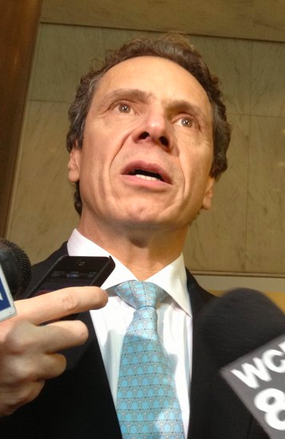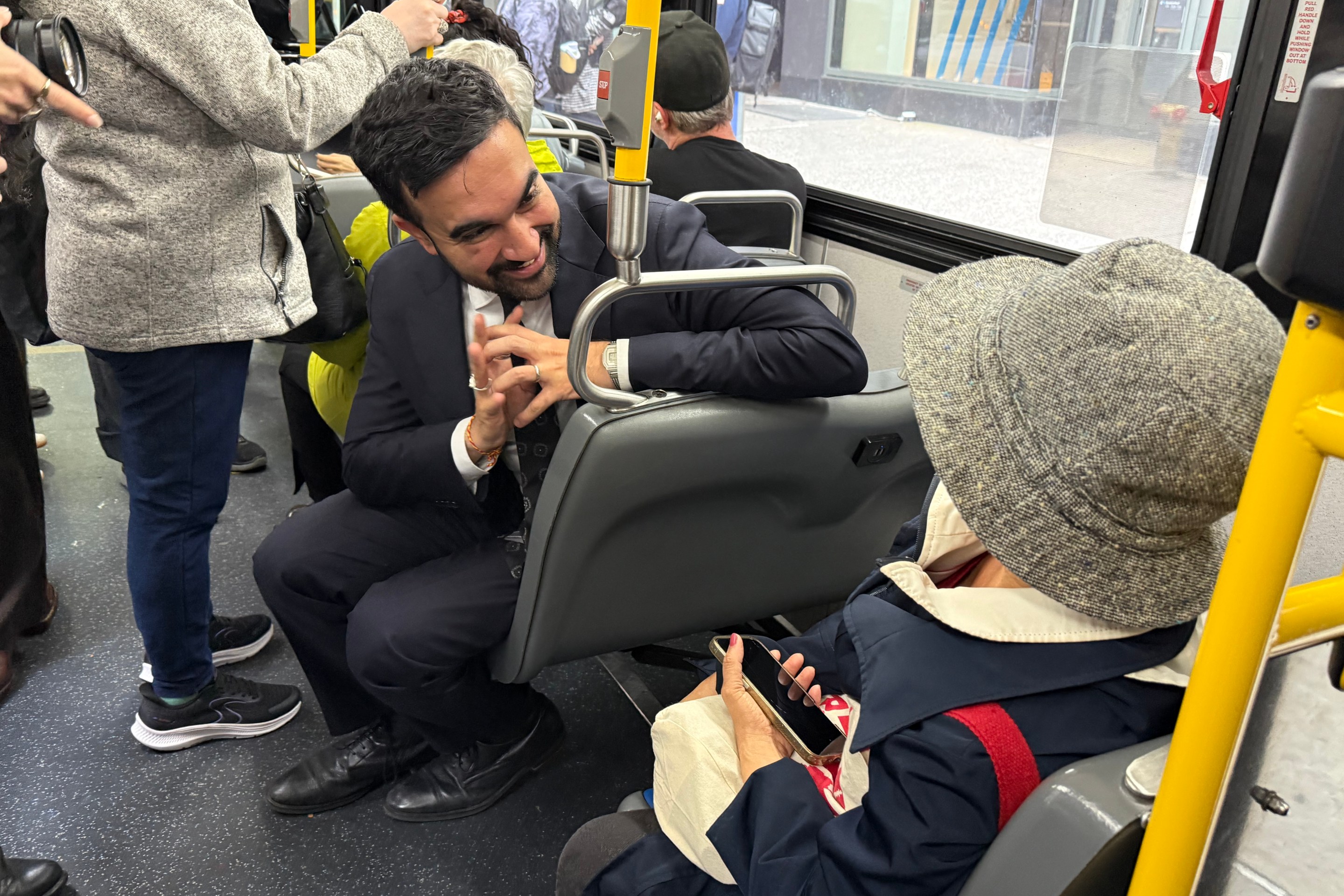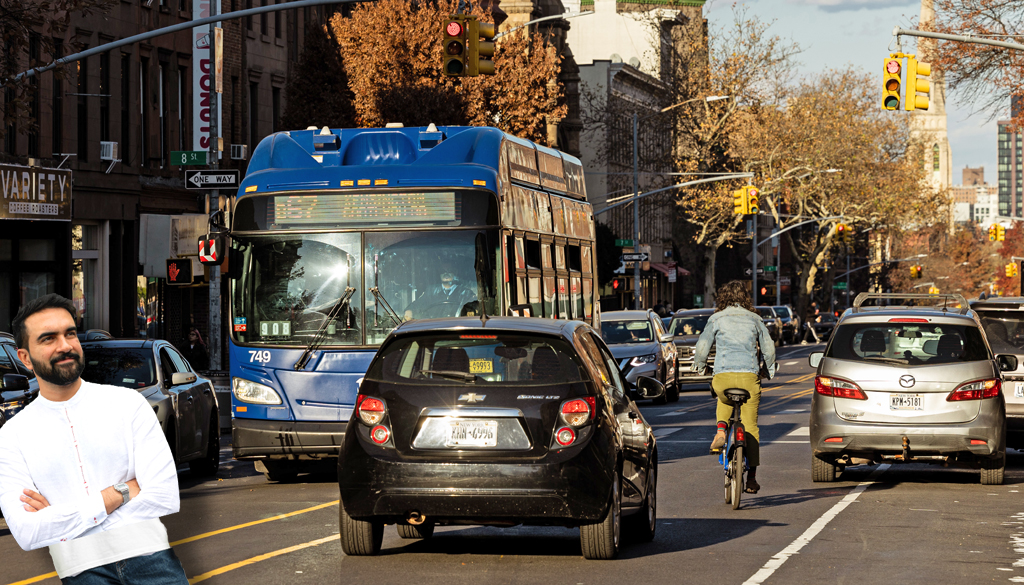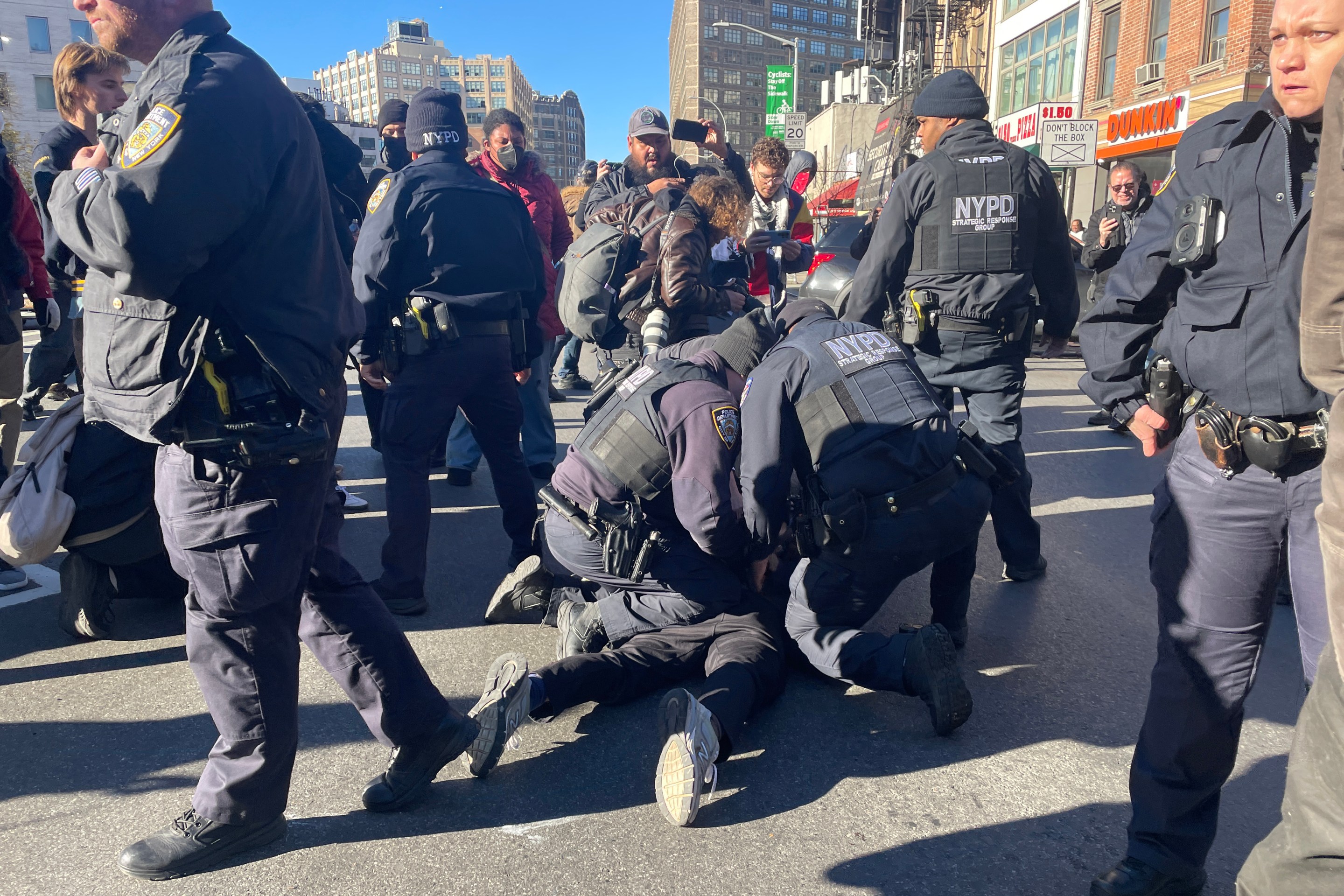If you were expecting Governor Cuomo's transportation policy to match up with his socially progressive yet fiscally conservative reputation, he didn't deliver during today's State of the State address, which featured a ringing endorsement of a multi-billion dollar highway across rural areas near the Canadian border. While the governor's focus on expensive highway projects, not transit, during the annual speech is by now a well-established pattern, today's address did feature a few positive signs, including a continued push to increase penalties for drunk and distracted driving.

There is one significant transit project Cuomo did endorse: Penn Station Access, which would reroute New Haven Line Metro-North trains along the Amtrak route through the eastern Bronx, adding four new Metro-North stations in the borough. Although the MTA has been planning it for years, Cuomo's inclusion of it in the State of the State bodes well for the project as the MTA gears up for its next five-year capital plan.
After the speech, Mayor Bill de Blasio welcomed Cuomo's interest in expanding Metro-North service in the Bronx. "I appreciated his focus on mass transit," he said. "For people in the eastern Bronx, this was music to their ears."
As in last year's State of the State, Cuomo also emphasized the importance of stormproofing the city's subway to reduce the threat of flooding during major storms.
But the really big-ticket surface transportation project in Cuomo's speech was a rural road boondoggle. He announced a push for a new interstate highway linking Interstate 81 in Watertown to Interstate 87 in Champlain, near the Canadian border. "The proposed Route 98 could reduce travel time and speed up commerce," he said. "We’ve been talking about it for years. Let’s get DOT to undertake a study and see if we can make this project happen."
What Cuomo didn't mention is that state DOT has already issued reports over the past 12 years on the plan, which could cost billions of dollars to build a full-fledged expressway across one of the state's least-populated rural areas. Last February, Cuomo endorsed the interstate concept, while saying the project was too expensive for the state.
The multi-billion North Country expressway plan is like a rural version of the governor's other gigantic, wasteful road project, the Tappan Zee Bridge replacement, which received a few mentions from Cuomo today after taking center stage at last year's State of the State. As with the expressway, Cuomo's Tappan Zee message is mainly about showing voters that he can wield the state's bureaucracy to build big projects. Good transportation policy has nothing to do with it.
Cuomo had some better ideas when it came to traffic enforcement, proposing stronger rules against texting teen drivers and repeat DWI offenders, building on previous efforts.
Last July, Cuomo signed a bill that would suspend a learner's permit, probationary license or junior license for 60 days if a driver was caught texting or using a hand-held mobile phone. A repeat offense could result in a six-month suspension.
Today, Cuomo went further. "If a teenager is caught texting while driving, they should lose their license for one year," he said, noting that texting while driving leads to more fatal crashes for teens than drunk driving. Streetsblog has asked the governor's office why it is not seeking to apply the same standard to all drivers, not just teens.
The governor also went after repeat drunk drivers today. "Anyone convicted of drunk driving two times in three years should lose their license for five years," he said. "And three strikes and you’re out, and you are off the road, period."
If enacted, this rule would go further than a change the Department of Motor Vehicles enacted in September 2012, which denied licenses to drivers with five or more DWI convictions in a lifetime, or three or more DWI convictions in 25 years. Cuomo enacted these changes after Charlotte's Law, which had similar intentions, failed in the legislature.
"Glad to see Cuomo supporting the bill [Assembly Member] Jim Tedisco and I proposed regarding repeat drunk drivers," Assembly Member Steve McLaughlin said in a tweet today. In fact, the bill McLaughlin and Tedisco sponsored included not only drunk drivers but all repeat reckless drivers. In the DMV rule change, Cuomo chose to focus only on drunk drivers. Streetsblog has asked the governor's office why today's proposal, while expanding penalties, does not include all repeat reckless drivers, not just drunk ones.
Streetsblog has also asked the Cuomo administration if it will pursue these new goals through legislation, like last year's texting while driving law, or administrative action, like 2012's drunk driving rule changes.





